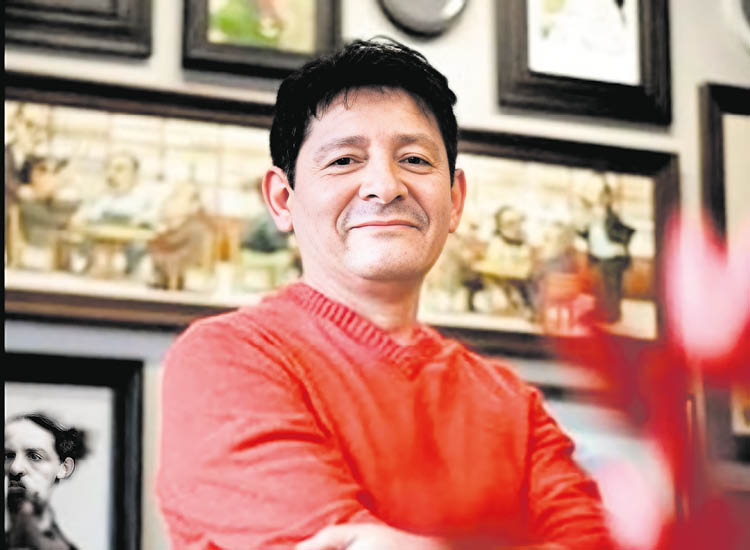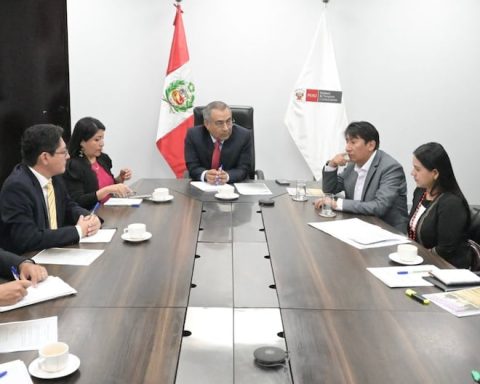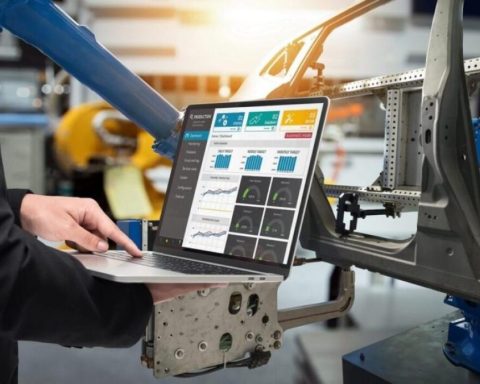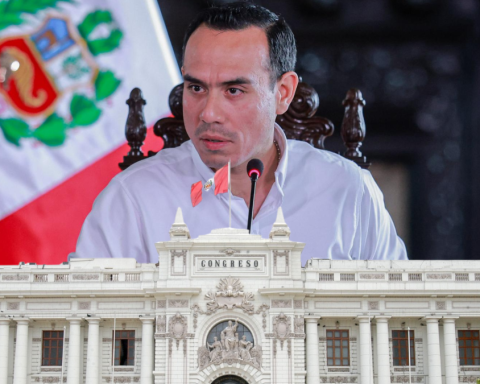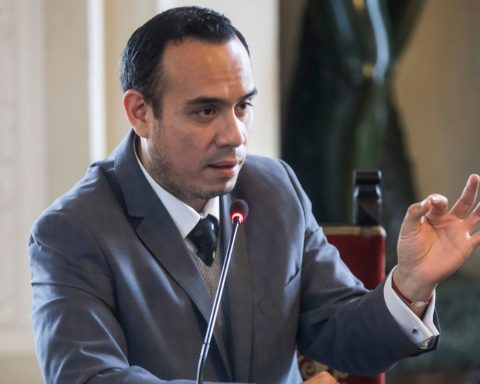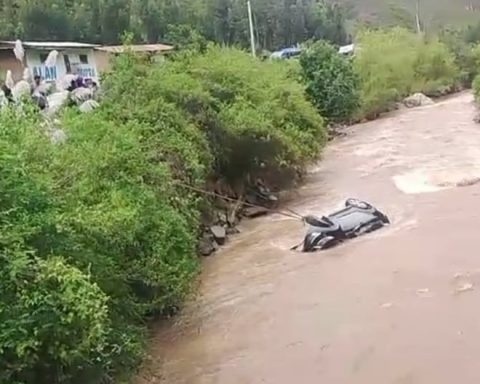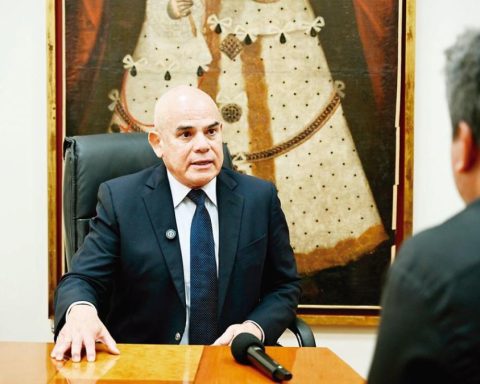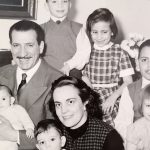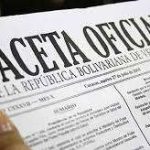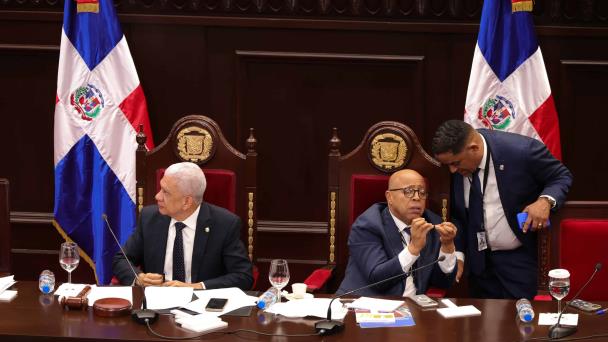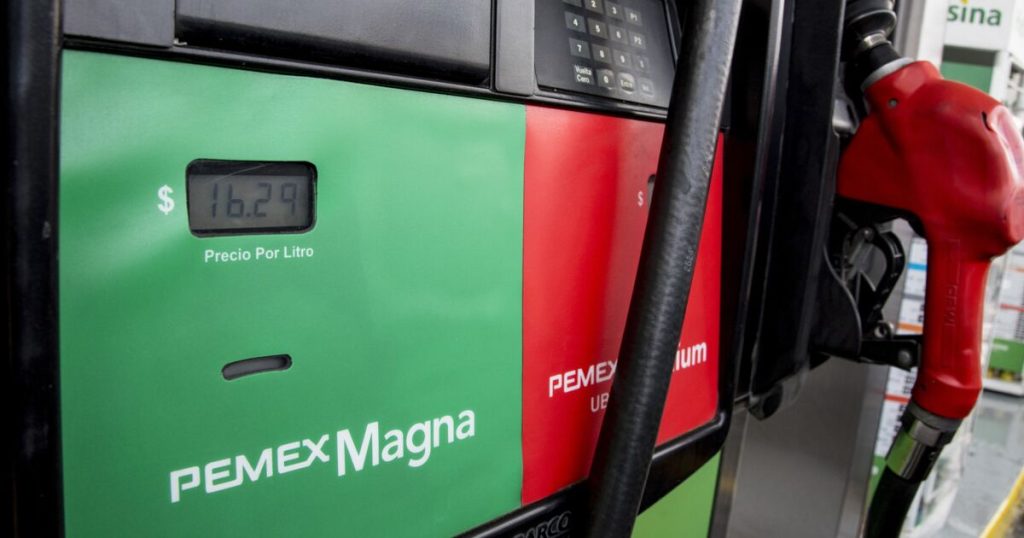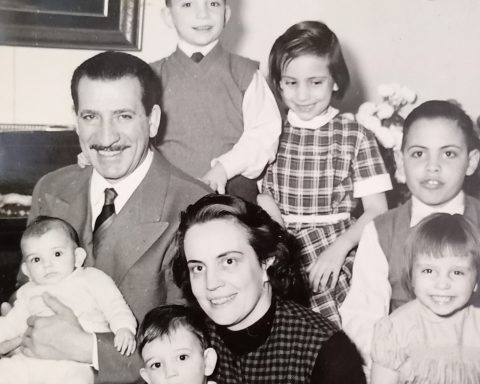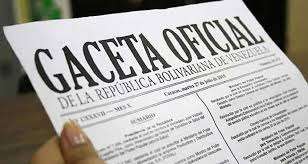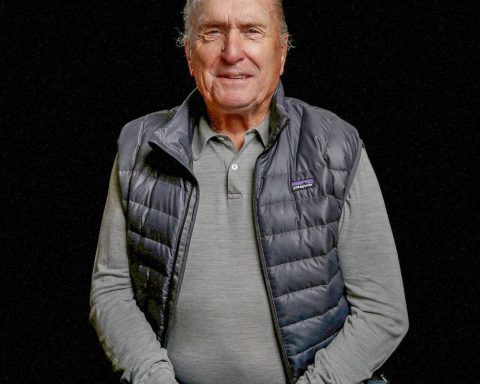Mechaín is calm, humble—say his colleagues—but, above all, reflective. He assures that life has hard moments, but that it is better with humor. He confesses that caricature helps a lot to release what he feels, what is outrageous—as a form of catharsis—but he does not rule out, at some point, moving away from politics “perhaps because of fatigue,” and devoting himself to sculpture, as he always dreamed of. . Although he has already created some busts, always with exaggerated features, inspired by the imperfections, not only physical, of characters from literature or politics who have revolutionized world history, Mechaín would still like to make caricatures for the world, international graphic humor where “there is also a lot to tell.”
LOOK: Gustavo Adrianzén asks that marches and protests not be held during APEC days
He says that he had to confront his father, who wanted him to be a mathematician like the French astronomer and geographer, Pierre Méchain (hence his name), but he, stubborn and brave, dedicated himself to art. His inclination towards drawing began at school where he managed to escape bullying by even caricatured his teachers, however, he also wanted to say something interesting. Accompany that talent with what he had absorbed from home, where he remembers that, every day, his father, a Sutep union member, listened to and analyzed the news. All this amalgamation: art, opinion, a degree in Communication Sciences, the advice of great journalists and a “little poison”—which is never lacking—is the result of what he creates every day, since he was 17 years old— many times under pressure and always under public demand—to the delight of his followers who do not hesitate to thank him when they see him.
You have been drawing Peruvian politics for more than 30 years, has the level of politicians changed?
Look, I would say that governments and politics today have become… a kind of place to commit crimes.
I have the feeling that you are looking for the right words. Do you find it difficult to verbalize your opinion?
(Laughs) I think I express myself better with drawings.
Or do you feel that you have to be careful about what you say, these days?
I think I take less care of myself drawing.
I ask you because these days there is movement among comedians/graphic journalists. Edery, on the one hand, left El Comercio and, on the other hand, Juan Acevedo has not received the Casa de la Literatura Peruana Award, everything indicates that due to the drawings he made criticizing Dina Boluarte.
Yes, that is correct, there is movement in the field and we are in solidarity with them. With Juan, of course, it was an award that he deserved, and also with Andrés, where I have the version that, although it has been said that it was due to staff reduction, there was also dissatisfaction with some caricatures that he made. Sometimes it bumps into the newspaper line.
Do you consider it to be an issue of freedom of expression?
There is a sometimes complicated issue for cartoonists because the editorial cartoon is very close to the newspaper editorial and many times they are views that do not coincide. It also happens that many times readers prefer to see the cartoon and not read the editorial, which causes them to form an idea through the cartoon, without understanding that they are different opinions, they are separate columns, what each one thinks. .
Cartoons are humor, but would you say it is acid humor?
Yes. With humor you can make power very uncomfortable. Some think that we are screwing politicians and they are right, because someone has to do it.
Between jokes, you say?
Of course, in reality criticism is given in the form of humor, but there is a kind of poison that politicians perceive. It’s part of the game.
Where does that formation with “venenito” come from?
I started working at Monos y Monadas very young. At that time, Nicolás Yerovi gave us some guidelines to better handle the issue of humor. Even Julio Polar, who said that humor had to be cooked, processed so that it reaches the reader well prepared, so that the public understands and so that it hits without a double reading.
What ingredient is basic for a good cartoon?
You have to be very well informed to raise your voice, to shout your indignation, to even engage in reflective humor. Sometimes the topics, such as violence and citizen insecurity that is killing many people, are serious and do not necessarily make people laugh.
Have you always been outraged by Peru?
I have experienced several governments and when reviewing my cartoons from 20 years and 30 years ago, I feel that many times past cartoons can be repeated, they are current. It seems that there is a script for politicians, who think that people always believe them, perhaps that is what works for them and that is why it is repeated over and over again.
And have they pointed you out as right-wing, caviar, APRA, everything?
Clear. Communist, terrorist, even. But I already have a shell. I do not criticize a politician for his ideology, but for the things he does, generally the bad things he does, and through drawing I release that frustration. It is like revenge against bad politicians, but I repeat, not because of their ideology.
CHARACTER DATA
He worked as a caricaturist from the age of 17, making his debut in Monos y Monadas, when he sought out Juan Acevedo—El Cuy—who did not hesitate to publish his first drawing.
Mechaín began when work was manual. He carried brushes and cardboard in his backpack and ran to the newspaper to finish and correct his cartoons.
Shortly afterwards he entered the National Social Communication System – Sinacoso.
He was immediately invited to work at La Crónica and has published his cartoons in more than 15 newspapers. Today it is part of Peru21.
Take advantage of the NEW EXPERIENCE, receive our enriched digital newspaper by mail and WhatsApp. Peru21 ePaper.
Now available in Yape! Find us at YAPE Promos.
RECOMMENDED VIDEO
